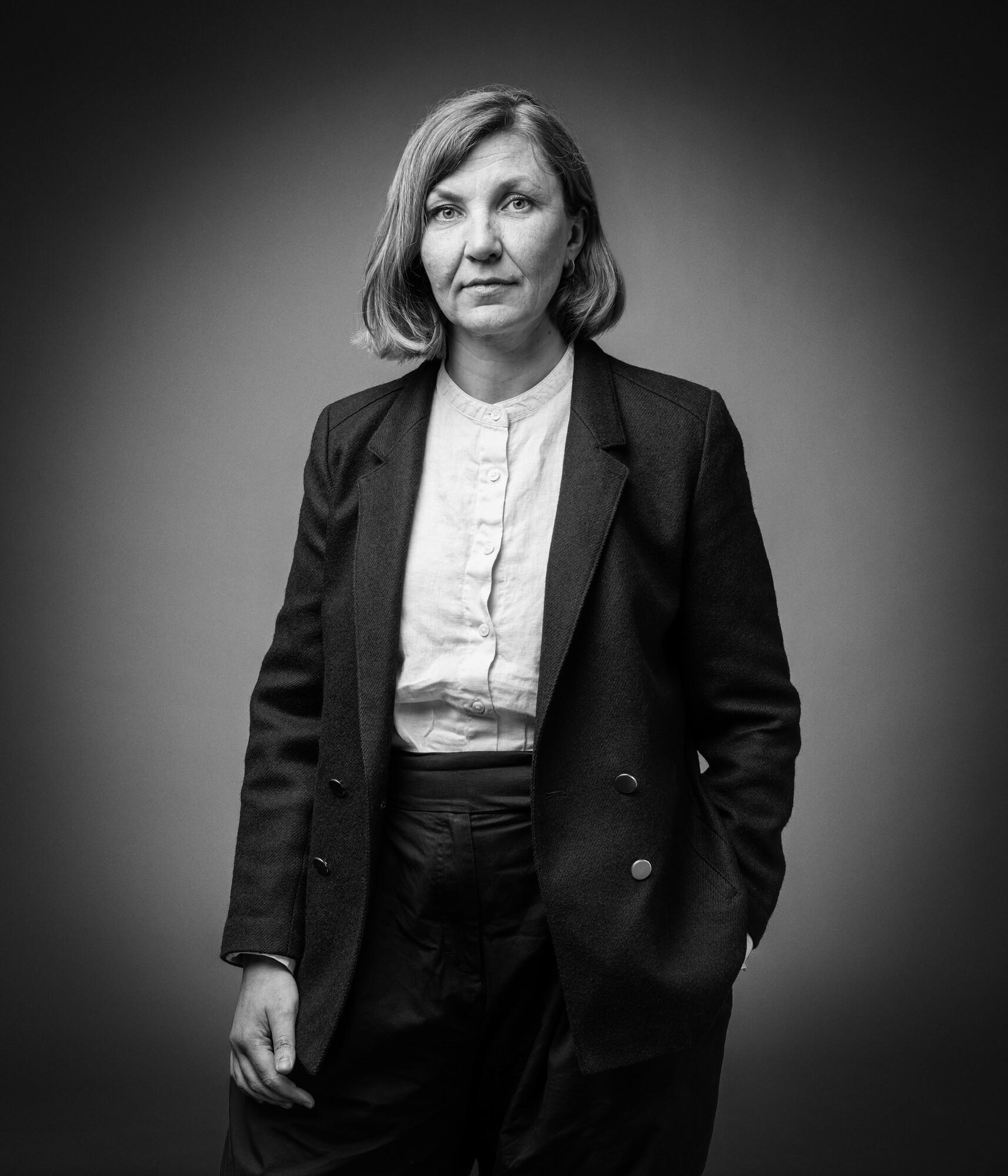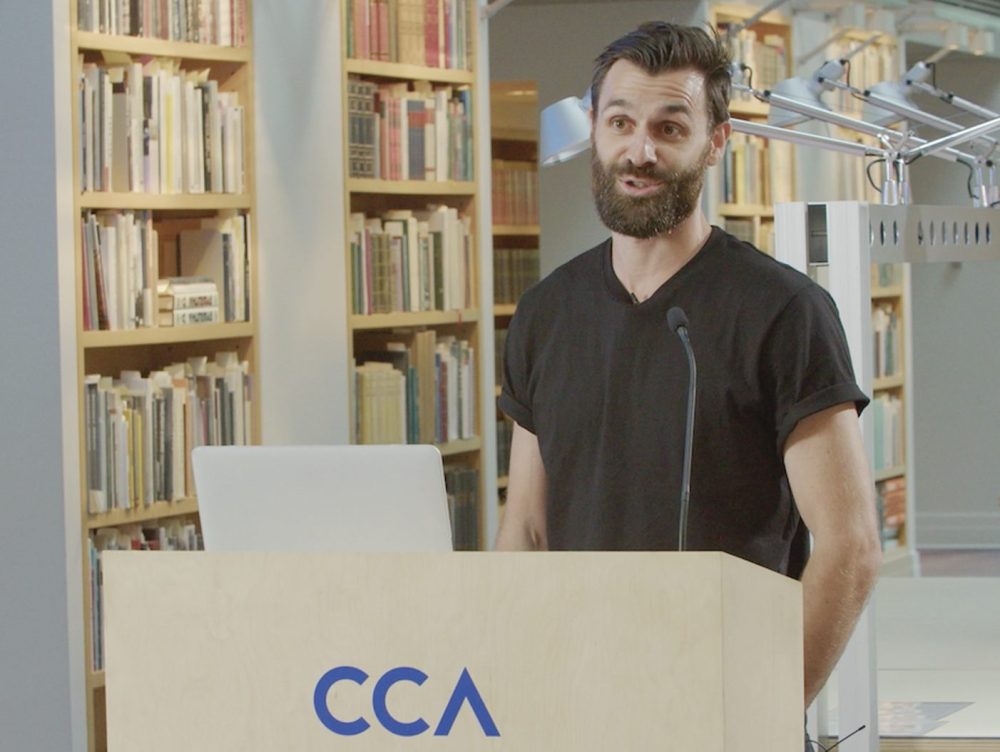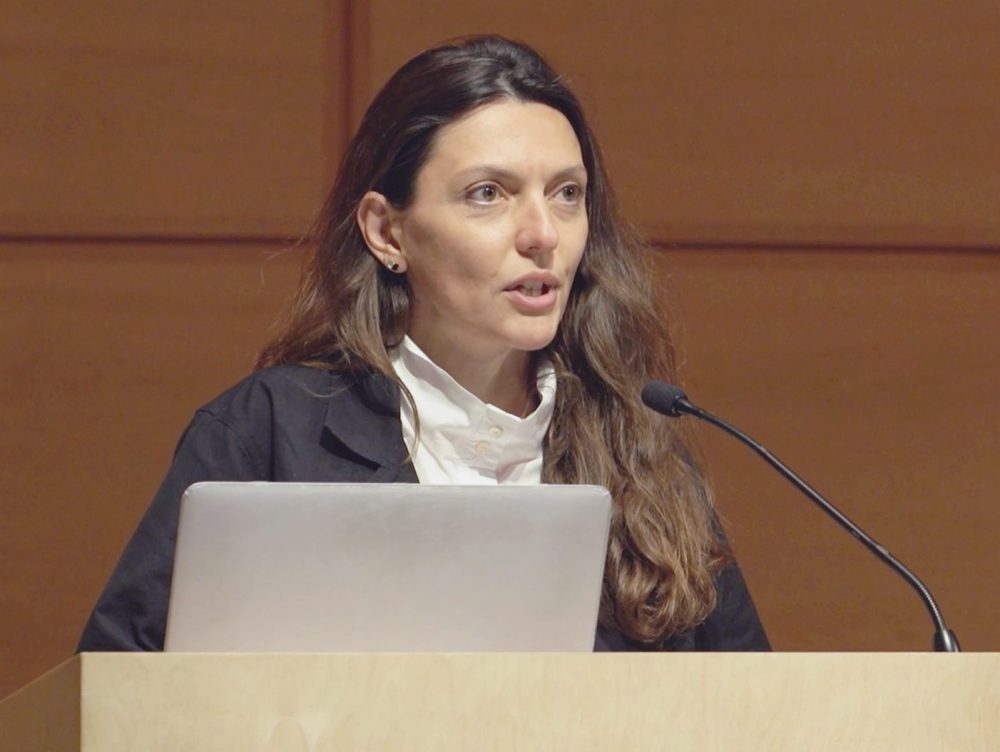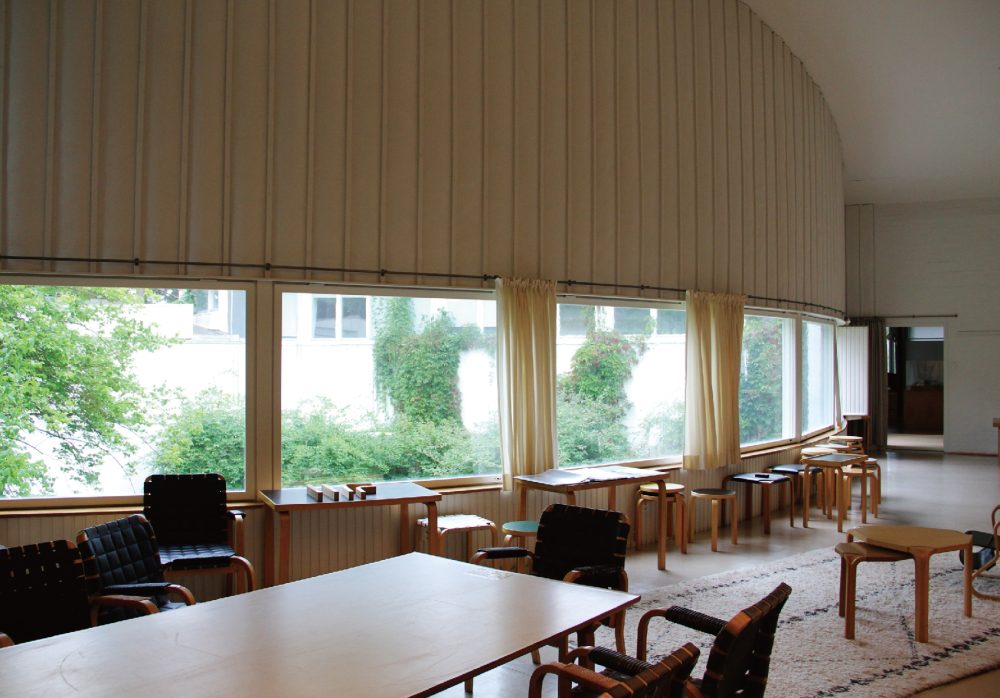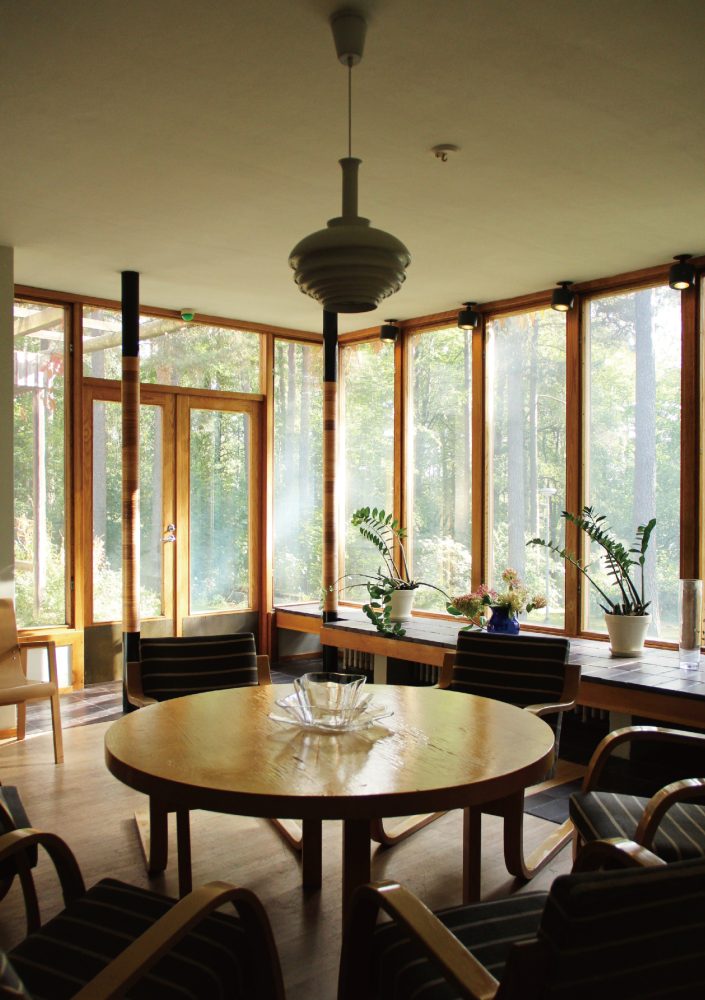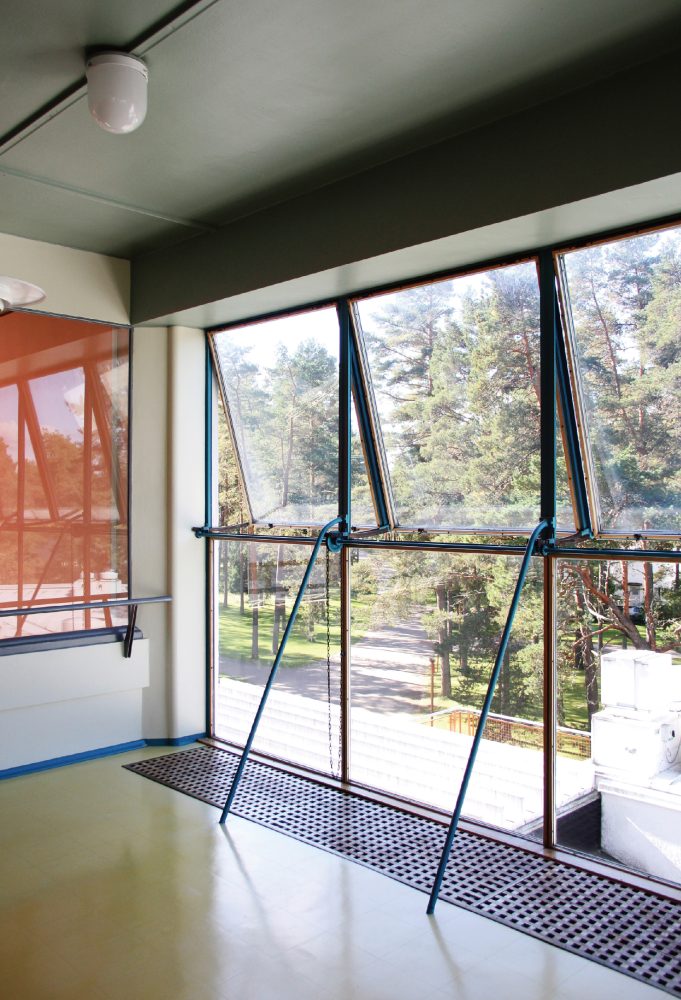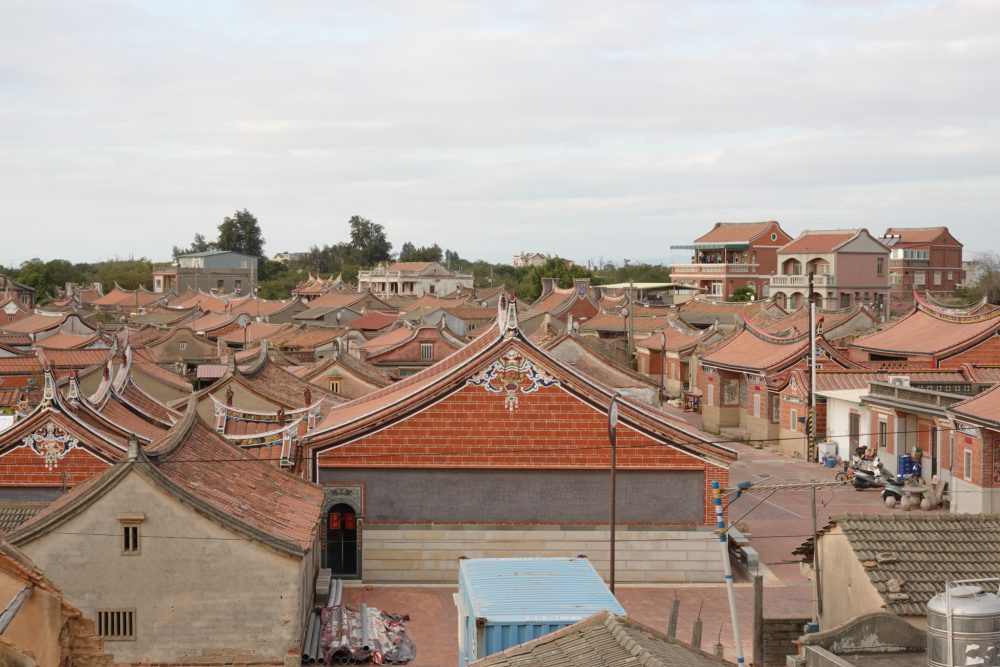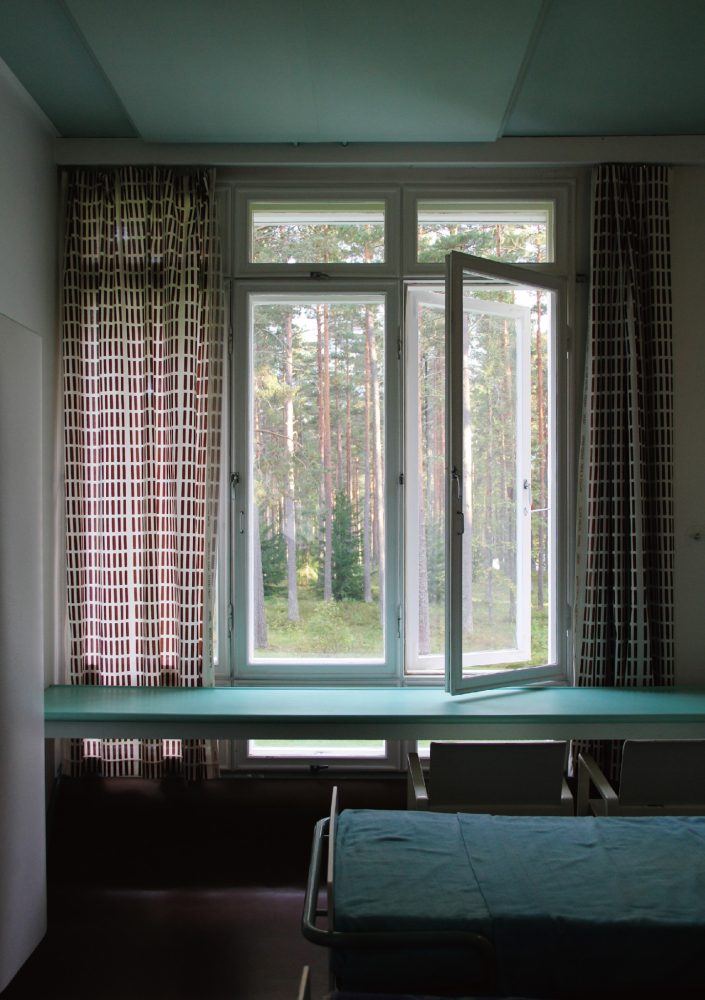Grant Results CCA-WRI Research FellowshipSelected Projects 2023
The Under- and Overground Built Environments of the Soviet-German Uranium Mining Corporation Wismut
31 Mar 2025
- Keywords
- Architecture
The Window Research Institute partners with the Canadian Centre for Architecture to offer the CCA-WRI Research Fellowship. In this article, we introduce the research project of Oxana Gourinovitch, one of the 2023 fellows.
Project Overview
At the onset of the Cold War, Soviet military geologists who arrived in the occupied German territories with the Red Army, found pitchblende, the uranium ore, in the old silver mines of the Ore Mountains. The following discovery of large deposits of the radioactive mineral paved the way for a nuclear race between the political adversaries divided by the Iron Curtain and marked the beginning of the Nuclear Age. The discovery also subjected the Soviet-controlled German regions of Saxony and Thuringia to an expansive extractive operation that would propel the newly formed German Democratic Republic (GDR) into becoming the main supplier of uranium to the Soviet nuclear project and one of the largest uranium ore producers globally.
The joint-stock company in charge of the mining, the Soviet-German Wismut AG, quickly established itself as a “state within a state” in the GDR. Besides expansive facilities for extraction, transportation, and processing of the ore, Wismut developed its own networks to provide for housing, consume, sport, education, culture, and entertainment of its labour force, whose numbers peaked at 130,000 in the 1950s, and built up a health system that outsized the health system of the host country. Despite its militarised secrecy, Wismut maintained close spatial proximity to the civil society of the affected regions, which came at great cost to the regions’ social ecologies.
The project investigates the history and legacy of the regions’ spatial transformation inflicted during the forty years of the uranium mining company’s operation and places this socialist phenomenon in a global context, challenging the dialectics of capitalist vs. non-capitalist environmental and societal justice. The aggregate under- and aboveground built environments of Wismut offer herewith an exemplarily case, which is both specific and universal, for the inquiry on how industrialisation of extraction shaped spatial thinking and acting in the 20th century on both sides of the Cold War divide.
A note on the research at the CCA:
During the stay at the CCA in Montreal, I was also enabled to conduct a comparison of Wismut’s built environments with the spatial outcome of its Western counterpart, the multinational corporation Eldorado Ltd., which operated in the Canadian provinces of Ontario and Saskatchewan. Hereby, the colonial condition of the impacted territories has been of particular interest, as in both cases it went beyond the usual western episteme of an over-sea colonialism, presenting a “reversed-cultural” colonialism in the East Germany, or settler colonialism in the Canadian provinces. Some further aspects, such as archival visibilities, or the genesis of the underground design in the modernity, gained on importance for the research. Meanwhile, a discovery of projects for non-permanent urbanism, which I’ve encountered among the CCA archival collections in van Ginkel Associates fonds and in Cedric Price fonds, has opened a new direction for a research inquest which I currently actively pursue.
『Energy Always: 2023 CCA-WRI Research Symposium』(2023年8月10日、モントリオール)記録映像より
Oxana Gourinovitch
Dr. Oxana Gourinovitch is an architect, curator, and architectural historian. She holds master’s degree in architecture from the University of Arts Berlin (2005) and a PhD from the Technical University Berlin (2020). She worked at architectural offices in Berlin, Rotterdam, and Amsterdam, taught at the TU Berlin and RWTH Aachen and was a fellow of the Canadian Center for Architecture/ Window Research Institute Tokio at the CCA in Montreal. Her research focuses on the built environments of state socialism, investigating their involvement with the geopolitical transformations of the 20th and 21st centuries. Her work was supported by the German Research Foundation (DFG), Mare-Balticum-Foundation, and the Graham Foundation and awarded, among others, with Margo and Paul Baumgarten Scholarship, and the Tiburtius Prize of the Berlin Universities. Currently she is the Egon Eiermann Fellow at the ETH Zurich.
